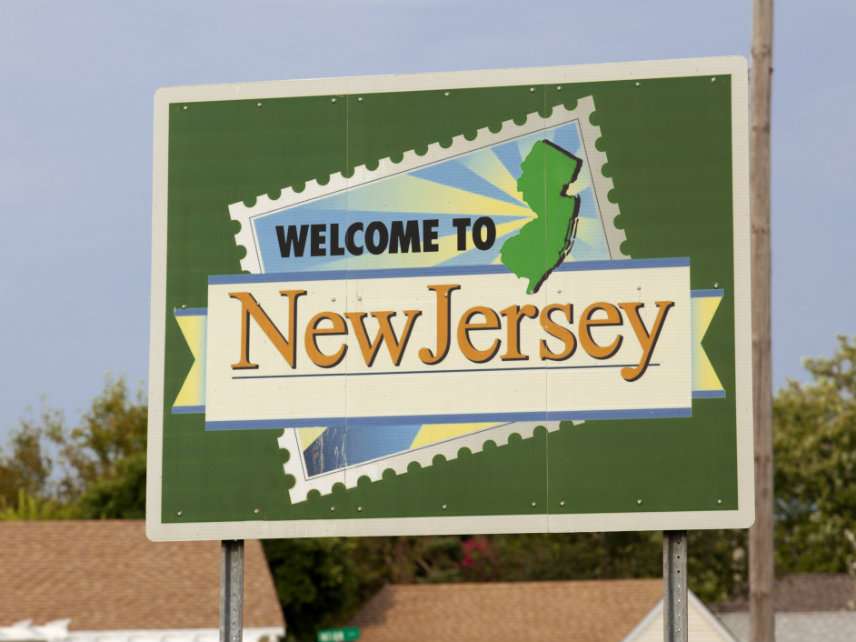New Jersey's Experiment in State-Funded News
New Jersey is about to spend $5 million on a state-subsidized local news initiative.

The State of New Jersey is about to spend $5 million to tackle a "growing crisis" in local media coverage. More specifically, it is about to spend $5 million subsidizing the press.
The legislation in question creates a nonprofit group, the New Jersey Civic Information Consortium, charged with approving grant applications for local news. The bill has passed both houses of the state legislature; Gov. Phil Murphy, a Democrat, has not yet signed it, but on Sunday he did sign a state budget that sets aside the money.
The liberal Free Press Action Fund has been pushing for such legislation for years. The group initially asked for a much larger endowment of $100 million, but it still greeted the news with pleasure. "Never before has a state taken the lead to address the growing crisis in local news," State Director Mike Rispoli said in a statement, calling New Jersey "a model for the rest of the nation."
Rispoli's group fears that because New Jersey stands between two major cities, Philadelphia and New York, there's less focus on local news in the state. The organization argues that recent layoffs and consolidation in the news industry have made this situation worse. And it is pleased that the legislation "emphasizes the importance of fulfilling the information needs of communities of color. Mainstream media outlets have long underserved people of color, who have also been misrepresented in news coverage of their communities."
But is state-funded local news coverage really the answer? New Jersey is among the nation's most corrupt states, so there's a lot for journalists to investigate. But as Politico's Jack Shafer points out, it's hard to believe a state-funded journalism initiative will actually do that:
Even if the consortium stays clean, won't it avoid politically charged stories of great watchdogging potential because it will fear to bite the hand that feeds it? Government-funded news outfits like NPR and PBS, ever fearful of offending their funding sources, avoid hard-hitting government news for this reason. Public media may follow the news pack on a story about government corruption, but generally, they're too compromised to lead.
Local news is important—too important to be left to state media.


Show Comments (14)